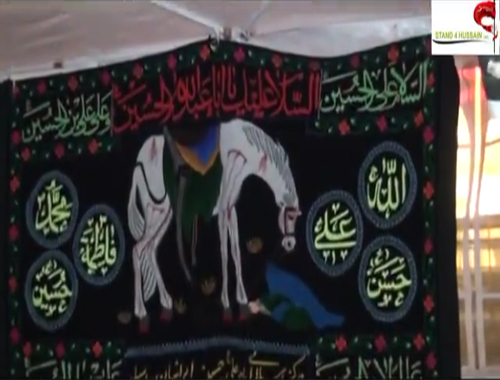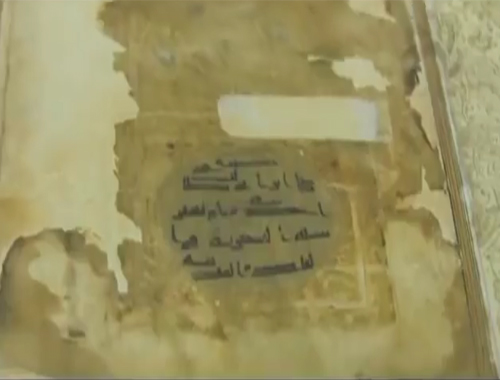Introduction
- Details
- Hits: 2875
In the Name of Allah,the Beneficent,the Merciful
Sura Nas
No. 114 (6 Verses)
Contents of the Sura:
The human is always exposed to devilish temptations and the Satans, of Jinn and men, try to penetrate into his heart. The higher the standard of his knowledge and degree of his social position, the more intense the temptations of the Satans will be until they divert him from the straight way and send him astray.
This Sura commands the holy Prophet (p.b.u.h.), as a leader and as an example, to seek refuge with Allah from the evil of any temptations.
The content of this Sura corresponds with the previous one, Sura Falaq. The subject is supplementary to that of the previous Sura. In both of them, Man is asked to take refuge with Allah by using His name /rabb/, 'The Lord', with a difference that in Sura Falaq various kinds of external evil are mentioned, but in this Sura the evil of internal, hidden tempters is emphasized.
Opinions are divided as to whether this Sura is Meccan or Medinan, but the tone of the statements is more agreeable with other Meccan Suras.
Regarding the fact that this Sura and Sura Falaq, according to the Islamic narrations, have been revealed together, and in many commentators' opinions Sura Falaq is Meccan, this Sura can be considered Meccan, too.
The Virtue in Studying Sure Nas:
There are numerous traditions on the virtue of reciting this Sura; for example, a tradition says that the holy Prophet (p.b.u.h.) became gravely ill. Gabriel and Michael, two great angels of Allah, came to him. Gabriel sat beside the head of the holy Prophet (p.b.u.h.) and Michael sat near his feet. Gabriel recited Sura Falaq and by it placed the Prophet (p.b.u.h.) in the refuge of Allah; and Michael recited Sura Nas. (1)
In a tradition from Imam Baqir (p.b.u.h.), which was formerly mentioned, it is said: "He who recites Sura Falaq, Nas, and Ikhlas in his 'Watr (2) prayer', he will be told 'O servant of Allah, rejoice that Allah accepted your 'Watr prayer". (3)
(1) Nur-uth-Thaqalayn, vol. 5, p. 7645, and Majma'-al-Bayan, vol. 10, p. 569.
(2) 'watr' means 'odd number rak'at'.
(3) Nur-uth-Thaqalayn, vol. 5, p. 7645, and Majma'-al-Bayan, vol. 10, p. 569.











